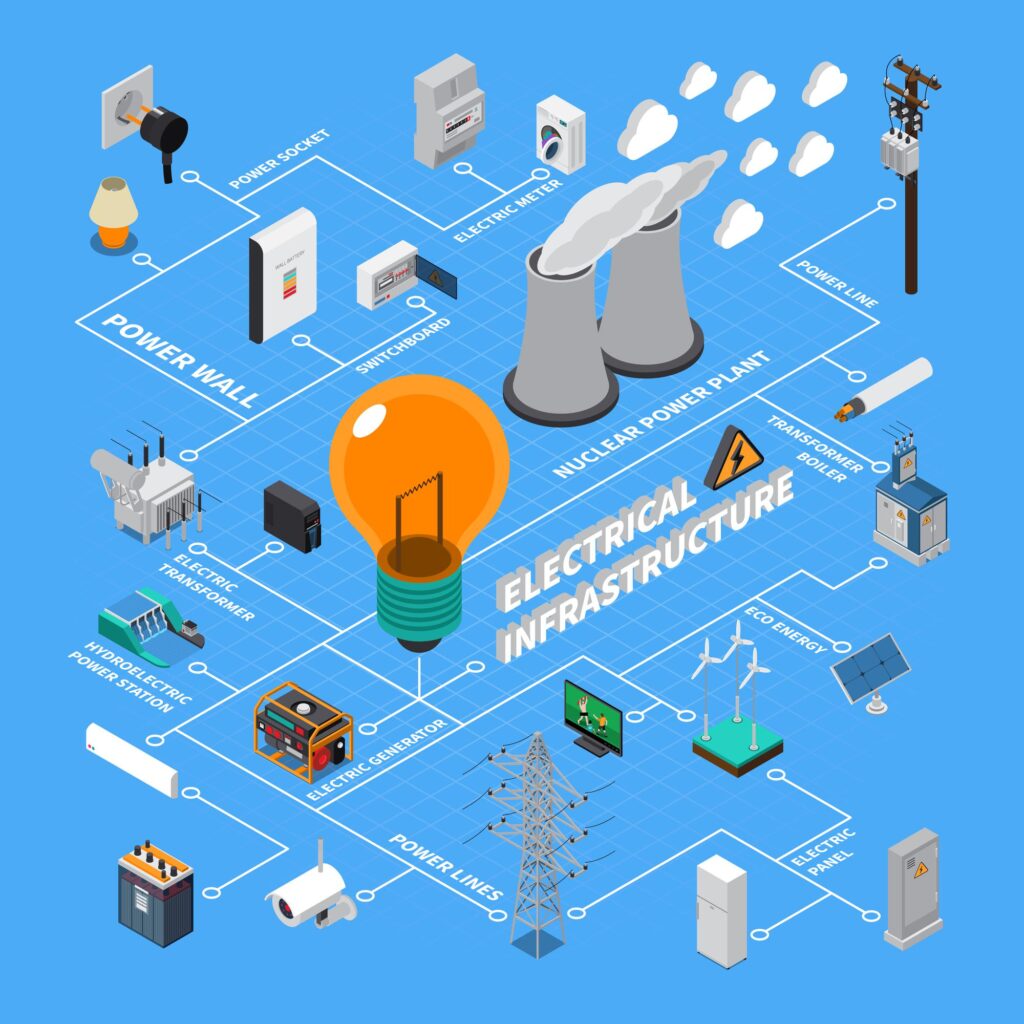A couple of weeks ago I participated in a meeting of companies working in the field of information and communication technologies applied to the energy sector. Among the participants were representatives of companies that develop solutions based on artificial intelligence, electricity distributors, oil companies looking for a new path, research centres, etc. A person from Red Eléctrica de España (REE) also participated.
At a certain point in the ensuing debate, this person from REE made a comment that left the other participants speechless for a few moments. She said something disturbing, something unexpected, something disconcerting. This person from REE said that in the not too distant future we will have to forget about the idea of electricity being available all hours of the year. In other words, a representative of REE, which is the backbone of the Spanish electricity system, told those of use present that in the not too distant future there will not be electricity for everyone all the time.
Some surprise was visible on the faces of those at the round table with her. Some tried to clarify her words by mentioning demand response, a service whereby consumers forgo electricity consumption in exchange for compensation, like the SRAD1 currently in place in Spain. But she made it clear that this was not what she meant and insisted on the literalness of her words: there will be no electricity for everyone all the thime. I listened to her from my chair in the second row and three questions came to my mind: why this is going to happen, how is it going to affect us and how could it be avoided or at least alleviated.

The reason why energy for everyone all the time may come to an end is the renunciation of the use of fossil fuels. The day that happens we will only have renewable energies; and we already know that these are intermittent energy sources and cannot be controlled at will. In some countries, which is not likely to be the case in Spain, they will only be able to partially solve this problem by using nuclear energy. At least as long as they have acces to uranium mines, but that is another story that will have to be told another time.
Imagine what everyday life would be like without a secure electricity supply. It would become a scarce commodity and the price would increase. The energy companie could buy up battery farms to guarantee supply to those consumers disposed to pay even more. Many industries would become uncompetitive and migrate to countries with greater security of supply. Neighbourhoods of wealthy people would emerge with their ownmeans of generation and storage, allowing them to isolate themselves from the electricity system and avoid the problem. Those who could not afford to supplement or isolate themselves on their own energy island would suffer a new type of energy poverty. And we must bear in mind that in the not too distant future, home heating will be electrified, so increased dependence on electricity will exarcebate the problem.
What can we do to avoid this situation from affecting us to the point where we can no longer have a fridge at home? Perhaps the answer lies in local energy solutions, energy efficiency and intelligent energy use: generating electricity where it is used, not wasting energy, storing surplus energy, converting electrical energy into thermal energy and thermal energy into electrical energy, and managing energy use using advanced predicton, control and optimisation techniques (what some call artificial intelligence). What would be the optimal local environment: a neighbourhood, a city, a region? These local environments could be connected with their nearest neighbours to exchange surplus energy and perhaps move from a centralised electricity system to a chain of more or less self-sufficient energy islands. And I say more or less self-sufficient because the problem of large energy consumers, such as industries or data processing centres, those 21st century factories whose raw material is data, remains to be solved. Could SMRs (small modular reactors) be a solution for industrial parks in the not too distant future? Not in Spain, it seems. And it would also be necessary to solve the problem of those industrial processes that require temperatures that are not easy to reach without fossil fuels. It doesn´t seem that adaptating to a world without gas and oil is going to be easy, especially if we take into account that photovoltaic panels, wind turbines and batteries require a large use of energy (nowadays fossil) for their manufacture. Will those who advocate zero growth be right? Or will those who see in Mad Max´s Negociudad a reflection of what awaits us be right? At the moment we have people from REE sowing doubts about the security of supply in Spain.
1 https://www.ree.es/es/sala-de-prensa/actualidad/nota-de-prensa/2022/10/el-sistema-electrico-peninsular-cuenta-con-cerca-500-MW-respuesta-activa-de-demanda-equilibrar-generacion-demanda-momentos-puntuales
- The 28A blackout and the lessons to be learned about the energy transition - 23 May 2025
- We ran out of light - 5 April 2024
- Uncertainties in electricity supply - 15 December 2023
